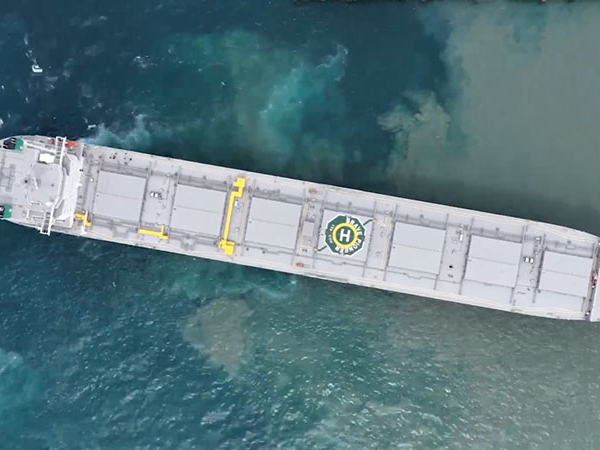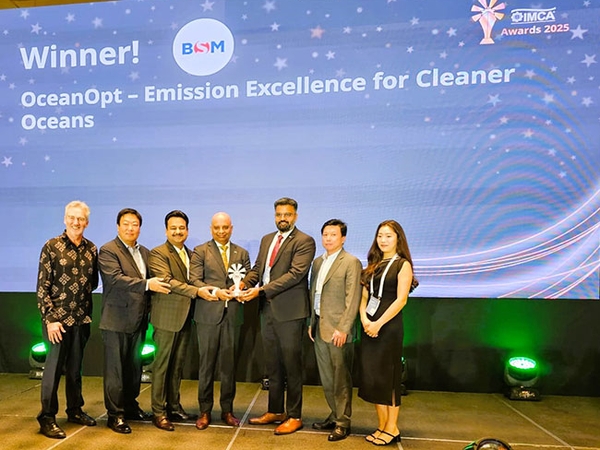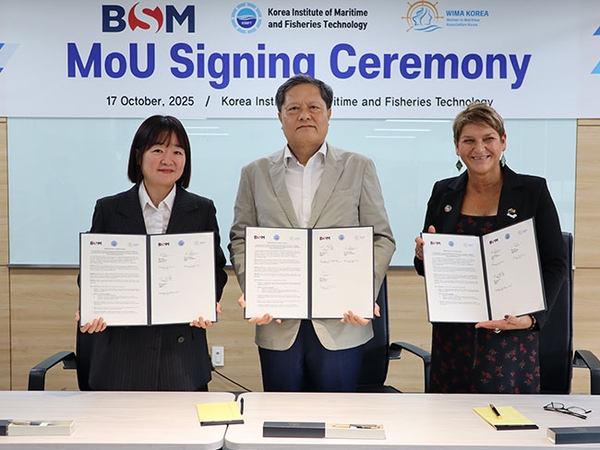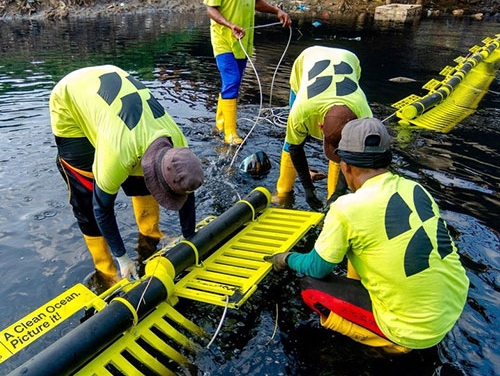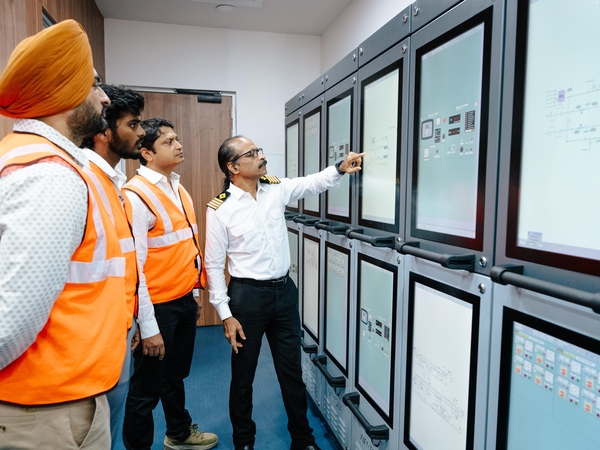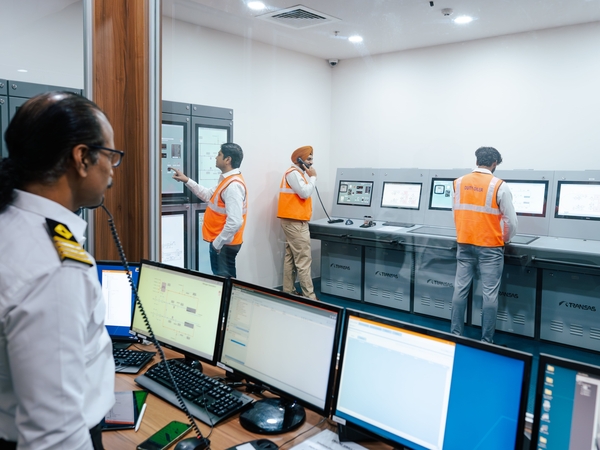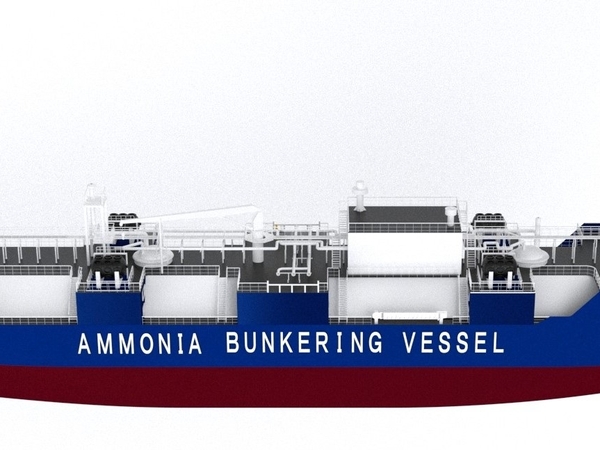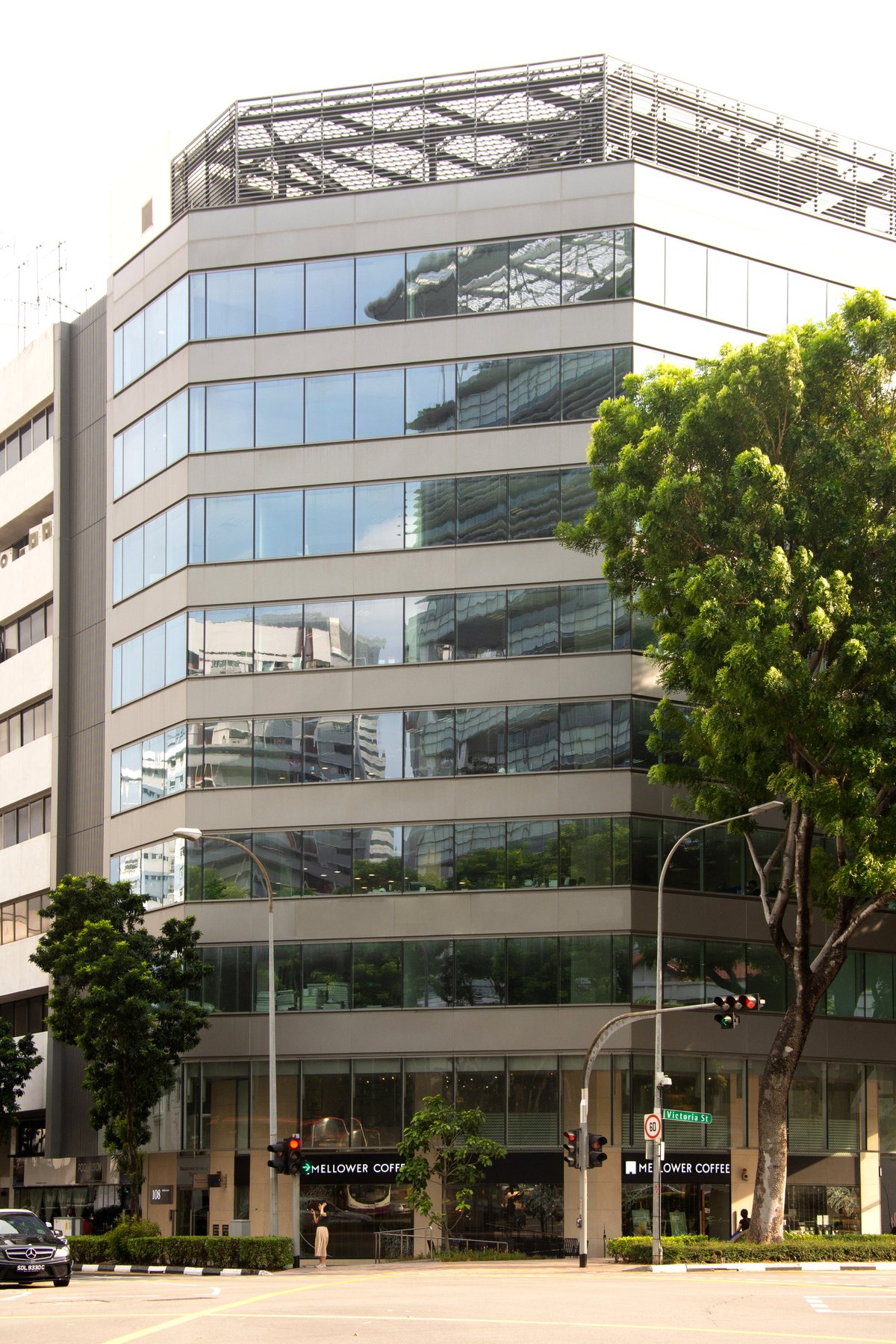
IMO’s 2020 sulphur cap and changing expectations from owners bring fresh challenges to shipmanagers, says BSM Singapore's managing director Captain Raymond Peter
The impending 2020 sulphur cap is a key regulatory challenge for many players in the maritime ecosystem,” Capt. Peter tells Singapore Solutions, noting that BSM has been working closely with customers to advise them on options for regulatory compliance.
Looking at exhaust-gas cleaning systems, he says BSM considers market reports, experiences of owners and managers, space on board, cost and crew training before advising owners. However, he notes BSM Singapore has seen owners reluctant to invest in such equipment because of the significant investment outlay and other factors.
“The consensus is that there will be sufficient low sulphur fuel stocks available from 1 January 2020 at main ports, but availability at our ports may be a problem initially,” Capt. Peter adds. BSM has about 120 vessels under management, mostly chemical/oil tankers as well as bulkers, gas tankers and container vessels. Looking ahead, the company plans to diversify into the offshore market, though Capt. Peter is aware this may bring its own challenges.
“With more than 1,000 vessels still in lay-up conditions, we need to be prudent and cautious when and where we place our resources,” he says, noting “[However] we are optimistic that the offshore market will pick up.”
In terms of its own service offerings, BSM says customers are increasingly expecting more of managers beyond core crew and technical management. “BSM has responded by increasing the diversity of complementary services ranging from software applications, hospitality, travel, fleet maintenance and repair, and newbuilding and conversion.”
Considering the digital change, Capt. Peter says: “The third-party shipmanagement industry is generally aware that embracing new technologies that produce automation, the application of artificial intelligence, digital technology and the growth of online training are essential, more so than ever before.
“BSM is no exception,” he says, adding “We believe embracing digitalisation will allow us to offer even greater value to owners, not just in terms of cost but also quality service and superior safety levels.”
The company is reviewing its training methodologies and competency-management systems and has undertaken a revision of its methods to cope with future challenges, Capt. Peter says. “This includes, for example, modernising training videos to become more interactive and we have also started experimenting with the first virtual-reality training,” he adds.
“In general, the digital transformation of the shipping industry has brought about positive change,” Capt. Peter says, adding “We believe shipping as an industry should digitalise to an even greater extent, and this will give us greater efficiencies via the application of big data, artificial intelligence [and other technologies].”
BSM’s priority in introducing more digitalisation and automation on board vessels is ensuring secure and safe shipboard operations.
To this end, BSM has introduced a centralised log-management portal report and alert on security threats and vulnerabilities, and a multi- factor authentication system with a dedicated 24/7 information security operations centre team that provides monitoring, analysis, response and remediation actions.
Considering Singapore as a maritime business environment, Capt. Peter highlights that BSM has benefited from the country’s infrastructure.
“The country’s status as a hub for both shipping and communications, and the well-connected nature of the maritime community, means exigencies can be addressed effectively. The efficiency of carrying out shipping operations in Singapore is exemplary.”
Interview by Singapore Solutions, 2019
